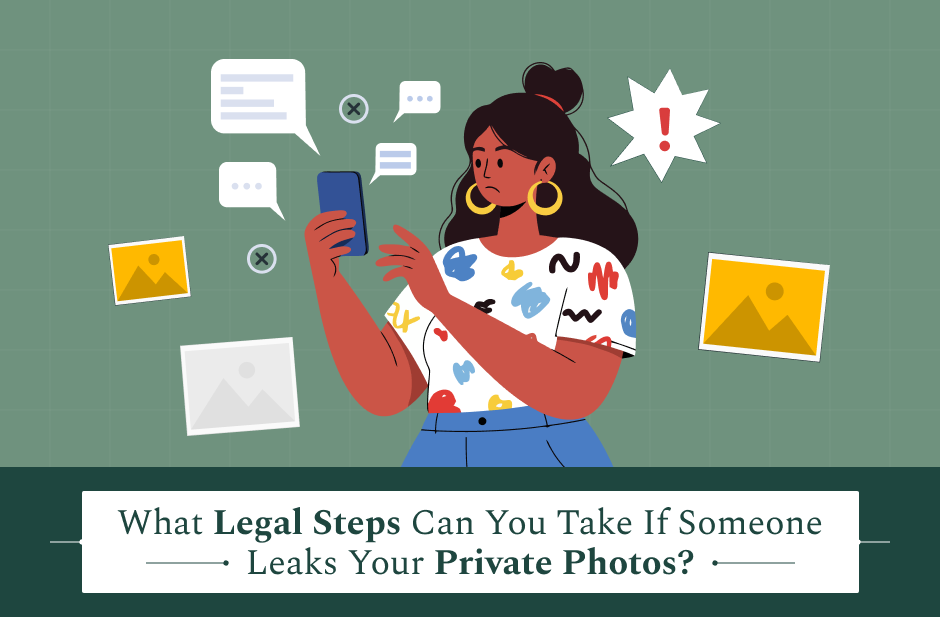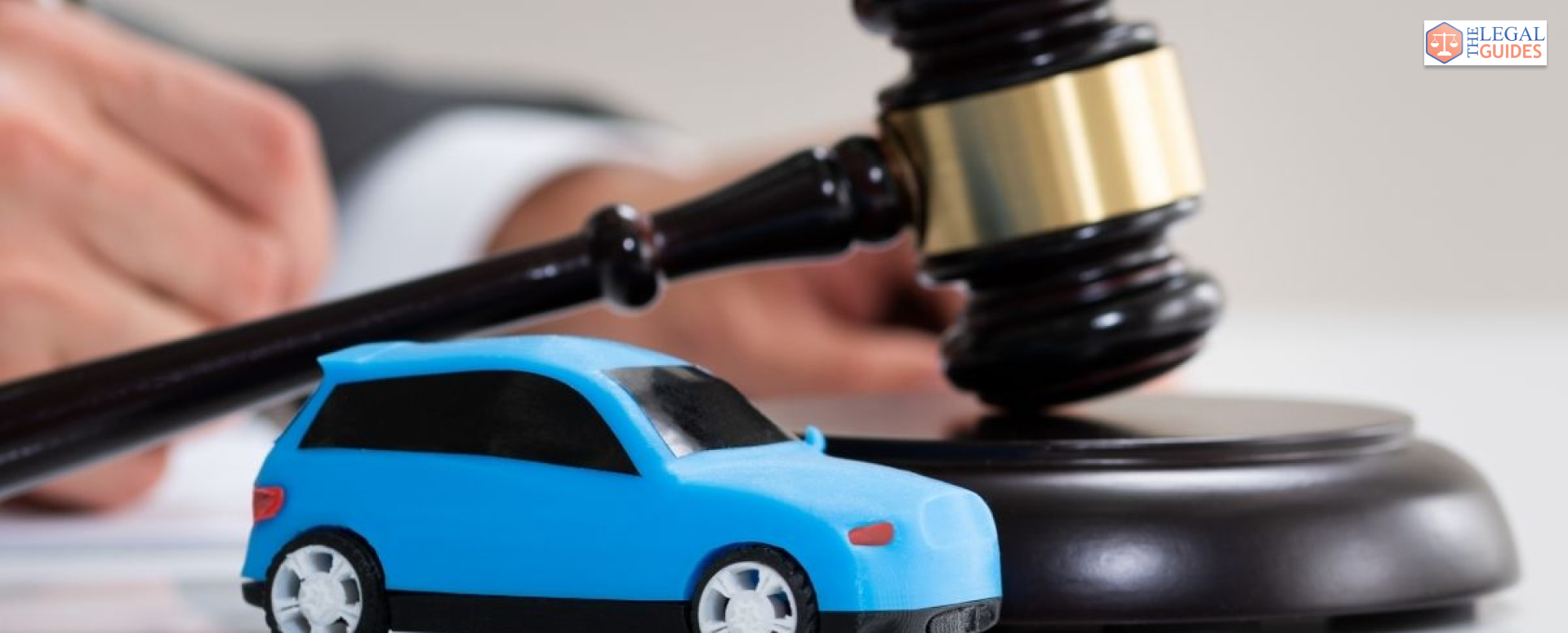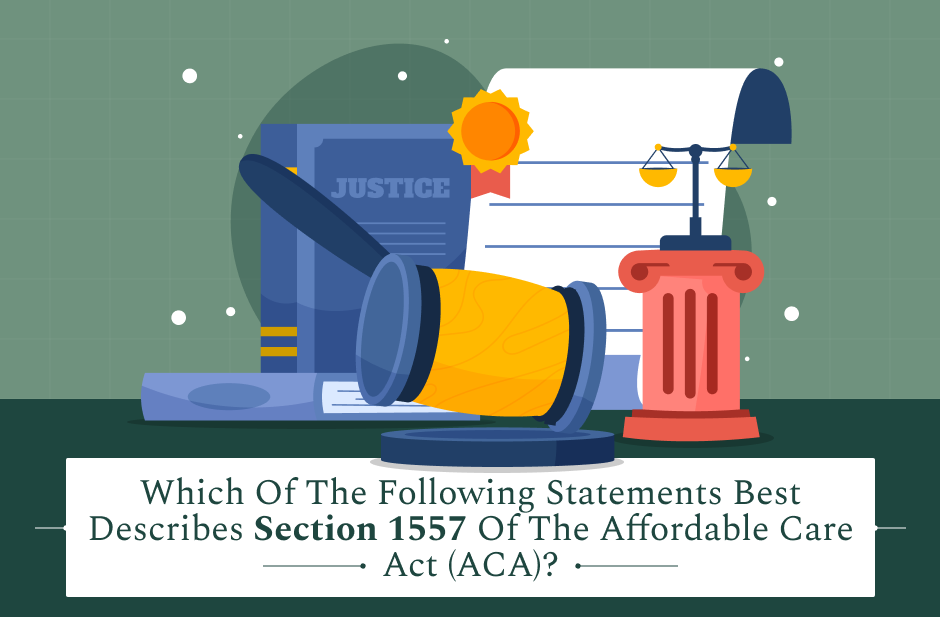What if someone leaks your private photos? It’s a scary and upsetting thought, right? In today’s world, where most of our pictures are saved online or on our phones, this fear is very real.
Private photos are meant to stay private. No one has the right to share them without your permission.
But sometimes, someone—maybe even someone you trusted—shares those photos without asking. That can feel like a big betrayal, and it can hurt you emotionally, mentally, and even socially.
In this blog, we’ll talk about what the law says about such situations and what steps you can take to protect yourself if something like this happens. You have rights, and the law can help you.
What Are The Laws Regarding Private Photos?
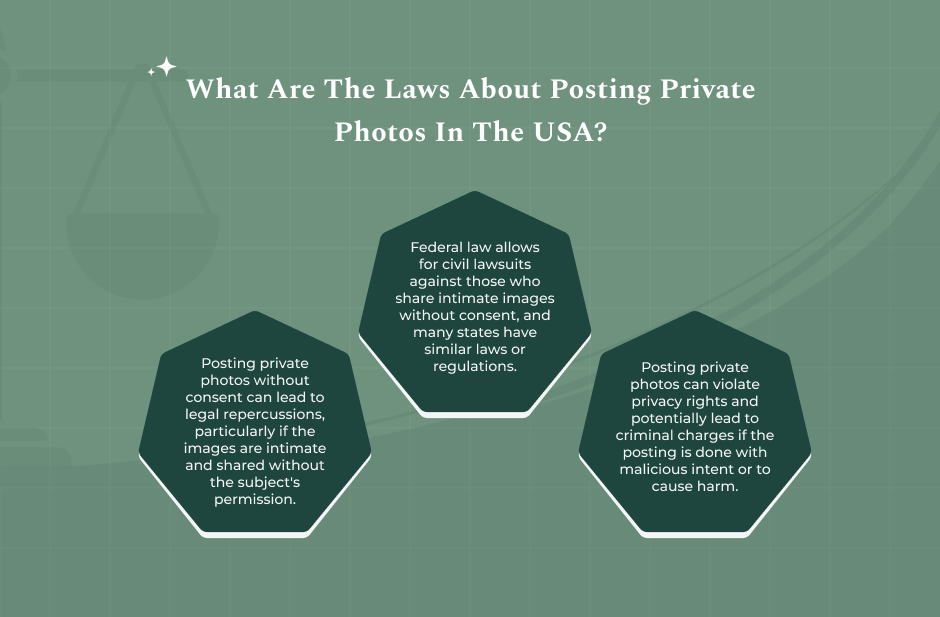
The law is highly concerned about your privacy. In the situation where someone exposes your personal photos without your express consent, it is not only unfair but also against the law.
In fact, in numerous countries, including the United States, there are many specific laws that are in place to protect your personal privacy.
One of the principal laws in the U.S. relates to “Revenge Porn.” This is the action of distributing someone’s private or nude pictures without their approval, especially after a split, to upset or disgrace them. It is illegal in the majority of states.
According to Ballotpedia, as of mid-2025, every U.S. state and Washington, D.C. has passed laws criminalizing the non-consensual distribution of intimate images.Additionally, C.A. Goldberg states that in Illinois, such actions are treated as a Class 4 felony, while in Indiana, the offense can land someone in prison for up to 2.5 years plus a $5,000 fine.
Besides, there are also federal laws such as the Violence Against Women Act, which address various issues, including online harassment. Moreover, almost every state has its cybercrime laws that regulate the issues of photo leakage.
Those who leak your pictures and are underage might be accused of violating the law in a very harsh way, like child pornography—even if they are as young as you are.
Put simply, if you do not authorize the person who is sharing your private photos, they can be in trouble with the law.
Federal Update: Take It Down Act (2025)
According to The Washington Post, in May 2025, the Take It Down Act was signed into law. It makes it a federal crime to post intimate images without consent—including AI-generated deepfakes—and compels platforms to remove such content within 48 hours of a victim’s complaint.
What If Someone Leaks Your Private Photos?
Instead of panicking and not reacting at all, you should remain calm and be wise. The first step is to take screenshots of the web pages or messages where they were published or shared.
You should save all the text, email, and messages exchanged. Trust me when I say this: these could come in handy as evidence later on.
Next, you must report this! In case the photos are on social media like Instagram, Facebook, or Twitter, be sure to report them straight away.
Usually, the vast majority of platforms take such issues very seriously and will immediately block the content.
Third, you need to report the crime to the police. This is not your fault, and you have no reason to be feeling ashamed. The person who did this to you is the criminal.
The police will not only help you bring the person to justice but also stop him/her from doing it again.
Do not forget to get in touch with a lawyer for help. A lawyer can help you understand your entitlement and further guide you through the steps for justice.
Not only that, but you also might be able to sue the other party for emotional harm or the damage they caused and get compensation.
What Is Nonconsensual Distribution of Intimate Images (NDII)?
According to the FTC, “The nonconsensual distribution of intimate images (NDII) is when someone takes or shares an intimate image or video of you without your permission. It's also known as image-based sexual abuse, nonconsensual pornography, or revenge porn.”
What If My Partner Leaks My Private Photos Online?
If your partner or ex-partner exposes your private photos on the Internet, that is called “revenge porn” in most places.
The fact that you shared something private with them doesn’t give them the right to do something so cruel to you. The leak of those private moments is unlawful without your approval.
Your very first task will be to collect the proof, such as screenshots, messages, and anything that links them to the invasion. You should not delete anything, even if it’s hard to look at. This evidence may be of great help to you in the future.
After that, you should notify the website or the app where the photos were shared about the issue. Those pages and apps usually have some specialized forms to enable people to report a case of “non-consensual intimate content.”
In the following step, you should address the police. This is a very serious crime, and the person who did it can be subjected to criminal charges, fines, and even imprisonment. In most of the states, these acts are considered a felony.
As for yourself, don’t be afraid—there are legal professionals and support groups that will walk you through the whole process.
What If Someone Is Threatening to Leak Private Photos Online?
If somebody is threatening to make your private photos public, this act is called blackmail or extortion, and it is illegal. Even if they do not have the pictures leaked yet, but they proceed with their threats, it’s a violation of the law.
This behavior is legally defined as sextortion—where someone uses intimate images to coerce you for money or content. According to Eisner Gorin LLP, it’s a federal crime, potentially prosecutable under extortion statutes.
“Although sextortion is not directly referenced in federal criminal statutes, it is addressed through legislation that targets behaviors such as cyberstalking, extortion, threats, and exploitation.”
The first thing is not to let the situation drag you into rash moves. You don’t need to send them more pictures, money, or whatever they have asked for.
The next step is to take screenshots of the messages and the threats. You should store all the chats, emails, or texts along with the photos as your evidence.
After this, you should call the police to report the situation. If it has happened online, you can use the Internet Crime Complaint Center (IC3) for the FBI as an alternative to file a report.
Should you find the threats in the social media report, then report the profile and block the person. In such cases, you can not only inhibit but in most cases, a network will conduct an inquiry and also take action against the person who is using the wrong ways.
According to Consumer Advice, the FTC classifies this behavior as NDII—non-consensual distribution of intimate images—and directs victims to resources like the Cyber Civil Rights Initiative for help with removals and legal guidance.
What Are The Legal Consequences Of Leaking Private Photos Online?
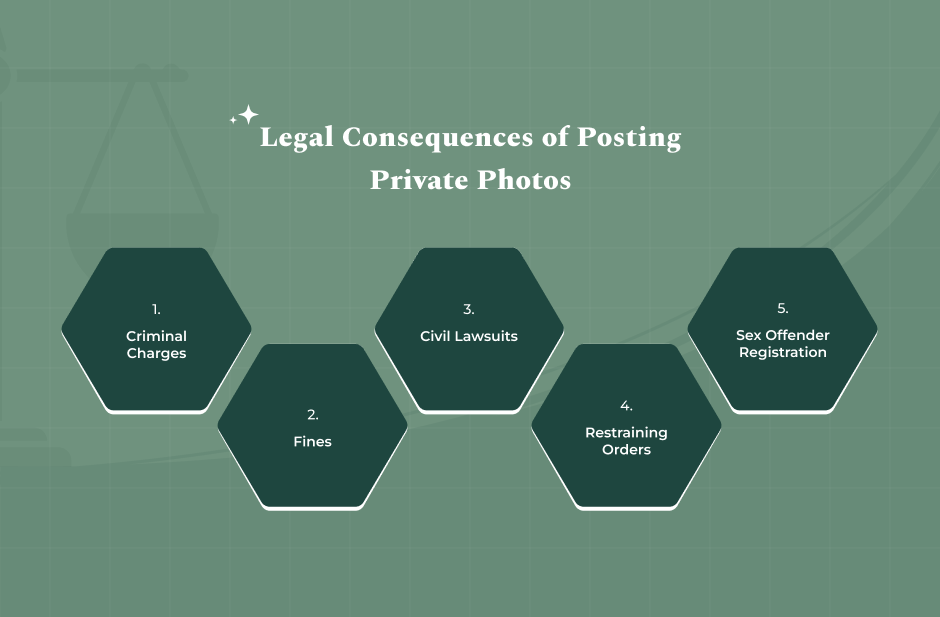
In late 2022, the Justice Dept. and FBI took more than 7,000 reports of financially motivated sextortion against minors—leading to thousands of victims and an alarming number of suicides.
Here’s what the Department of Justice stated:
“Over the past year, law enforcement has received over 7,000 reports related to the online financial sextortion of minors, resulting in at least 3,000 victims, primarily boys, and more than a dozen suicides. A large percentage of these sextortion schemes originate outside of the United States, and primarily in West African countries such as Nigeria and Ivory Coast. As many children enter winter break this holiday season, the FBI and our partners implore parents and caregivers to engage with their kids about financial sextortion schemes so we can prevent them in the first place.”
Leaking private photos without someone’s permission can land a person in serious legal trouble. Here’s what could happen to them:
- Criminal Charges: Most states treat this as a crime. It can be a misdemeanor or a felony depending on the situation. That means the person could be arrested and even go to jail.
- Fines: The person may be asked to pay a fine, which could be thousands of dollars.
- Civil Lawsuits: You can also sue the person in court. This means they may have to pay you money for emotional distress, embarrassment, or damage to your reputation.
- Restraining Orders: The court can stop the person from contacting you again through a restraining order.
- Sex Offender Registration: In some cases, especially if the victim is a minor, the person who leaked the photos might be registered as a sex offender for life.
So yes, leaking private photos is not just hurtful—it’s a big legal mistake.
Your Legal Guide: Do I Need A Lawyer for Such Cases?
Yes, getting a lawyer can really help if someone leaks your private photos. A lawyer understands the laws and can explain your rights. They can help you report the case, gather proof, and even speak for you in court.
You don’t have to face this alone. Many lawyers offer free first-time consultations. Some nonprofits and legal aid centers can even give you a lawyer for free or at a low cost.
Also, a lawyer can help you stop the photos from spreading more. They can contact websites or social media platforms to remove the photos fast.
Even if you’re scared or embarrassed, remember: it’s not your fault. You didn’t do anything wrong. The person who shared your private photos without your permission broke the law.
So yes, you deserve justice—and a lawyer can help you get it.
Read Also:








